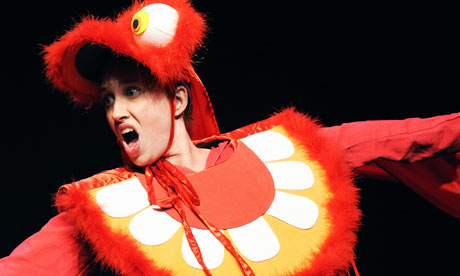On Friday my husband opened up his urban honey bee hives for UNICEF’s lovely youth climate ambassadors. He pointed out an interesting honey bee twist in generational fairness.
When the hive starts to get crowded because there is an abundance of forage and good living conditions, instead of the younger bees leaving to start their own hive (as happens with humans), the elder bees leave with their queen. They leave, so that the younger bees can benefit from their accumulated resource, stability and wealth, and can create their own queen and their own colony from a strong position in an environment that is proven to support life sustainably.
In the honey bee world, parents leave their assets for their children at the point at which they most need them, in youth, rather than at the point at which the parents can no longer use them. The elder bees have the responsibility for moving on and starting from scratch, rather than expecting the children to.
In my job at UNICEF UK I've have been thinking and writing about intergenerational justice in the context of climate change for a few years now. Children are being left with the burden of climate change largely caused by their parents’ high-carbon lifestyles.
Children everywhere, but especially in developing countries are growing up in an environment that is more at risk of disasters, drought and instability, largely because of the lifestyles of previous generations, especially in developed countries. This goes against a core human instinct and a common shared value across many countries that parents try to leave improved opportunities and accumulated wealth for their children, or at least attempt not to leave the world in a worse state for their children.
There seems to be a growing interest in this as a framing concept – not just for ascribing blame – but for finding an equitable solution. And it is uniting young people across countries with very different contexts with a shared sense of injustice and agency.
Intergenerational justice seems to have now become a mainstream political concern in the UK. Ed Miliband recently stated that his overriding focus for the Labour party was fairness between generations, not just social and financial equity within generations. Ironically Nick Clegg and David Cameron, started with David Willets's publication of The Pinch, have also used the argument of fairness between generations to justify the budget deficit – on the grounds that it will reduce the burden of debt for future generations (some may argue that it might do the opposite for the current young generation as they have to take out greater loans to pay for higher tuition fees and waiting for job opportunities to pick up again - implemented by the very same David Willets as Eduacation Minister).
I met David Willets at an event on intergenerational justice and he said he hadnt really thought about solutions to the generational inequality in climate change.
If the solution proposed is along the ‘polluter pays’ principle – those most responsible should pay, compensating those least responsible but bearing the brunt.
Maybe honey bee justice would see be retired baby boomers downsizing and handing on their wealth, knowledge and resources to the younger generations creating the solutions to a more sustainable world. Or maybe just spending their life accumulating benefit, knowledge and assets in order to create an abundant, healthy world for their offspring to start with.

